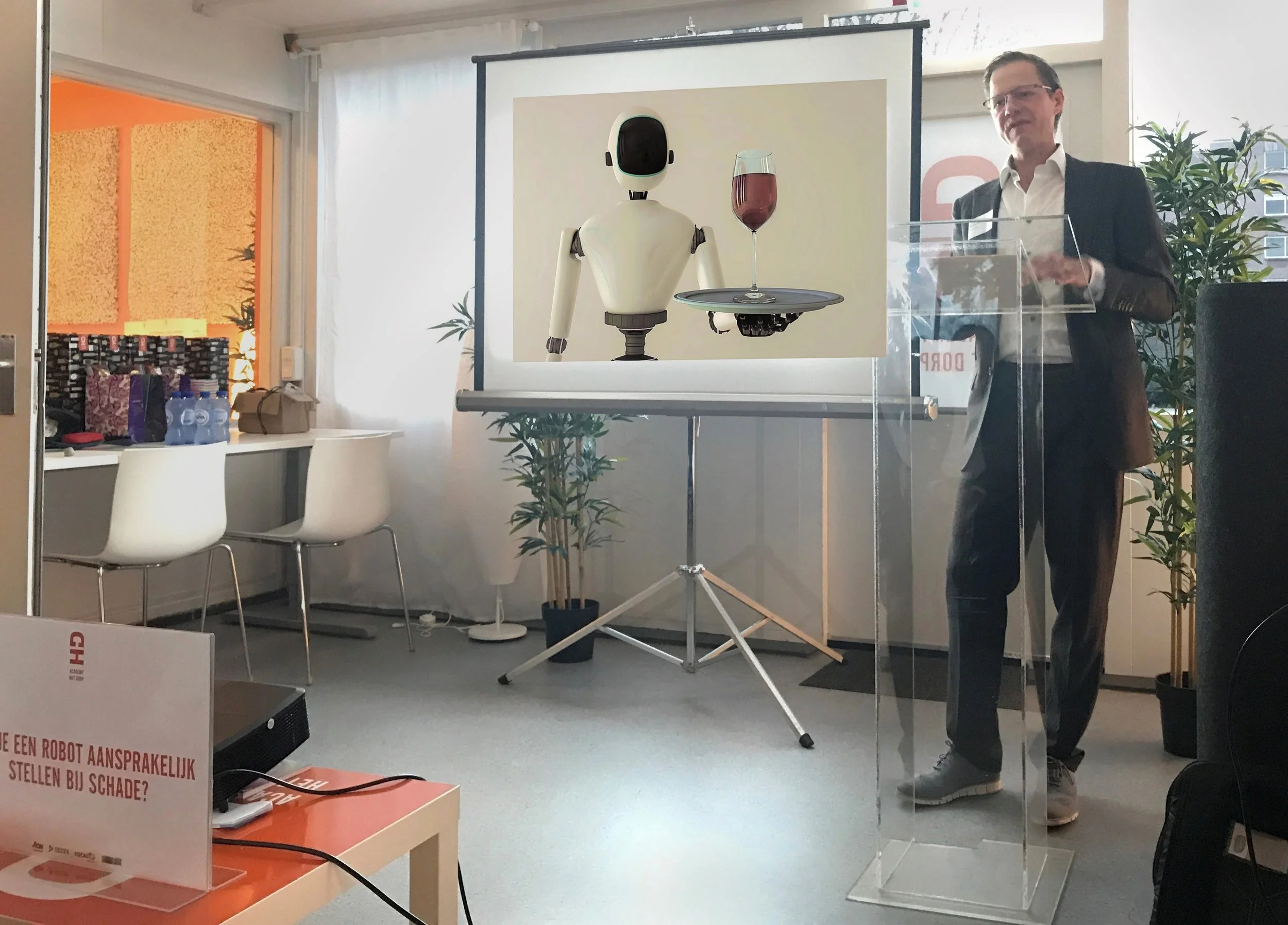Today, the European Parliament voted in favour of the new EU Copyright Directive. This controversial IP legislation passed with 348 in favour, 274 against and 36 abstentions. Within 2 years (medio 2021), the Directive has to be implemented in the copyright legislations of the member States. However, articles 11 (now 15) and 13 (now 17) will do the EU internal market more harm than good.
Copyright expertise
Artificiële Intelligentie & Recht managing partner and IP lawyer Mauritz Kop delivered copyright expertise to the European Parliament during the legislative process.
Intellectual property law has become the new battleground for ideas on how the Digital Single Market strategy should deal with transformative innovation such as online platforms, big data, quantum computing and artificial intelligence. This potentially hinders rapid innovation and undermines the competitive position of Europe vis-à-vis China and the United States.
Consumer rights and competition/ antitrust law
Consumer welfare can be protected more effectively by consumer rights and competition/ antitrust law than by IP law. The introduction of additional rights (art. 15) results in an even more overcrowded and overgrown legal landscape, which could result in stagnation and legal uncertainty.
Meer lezen







